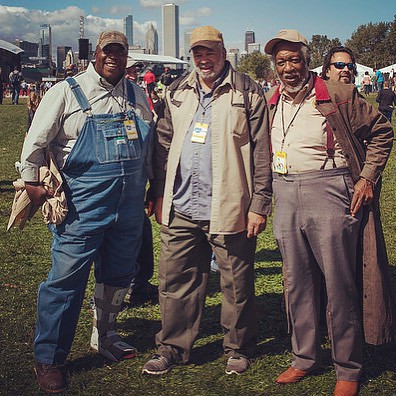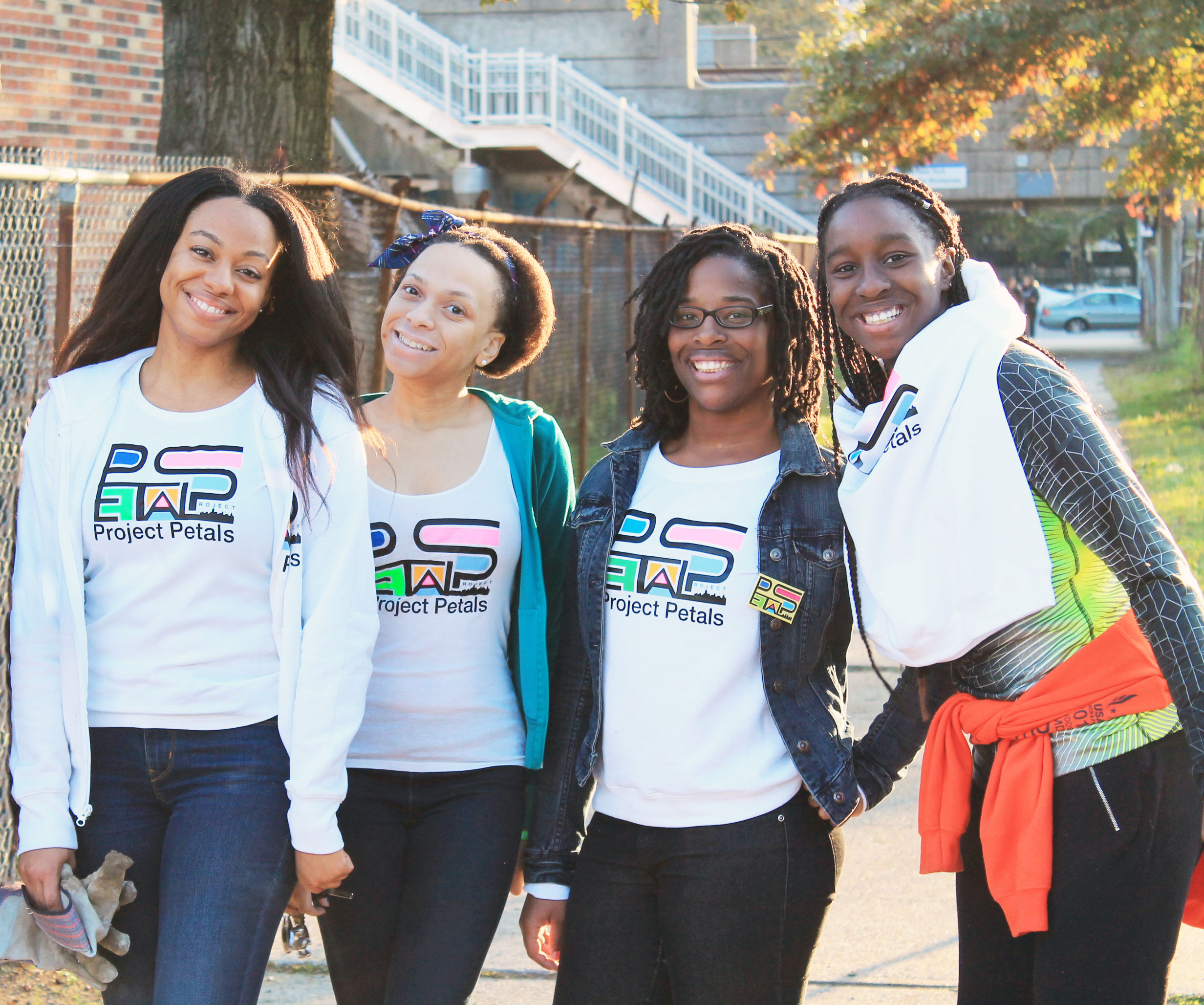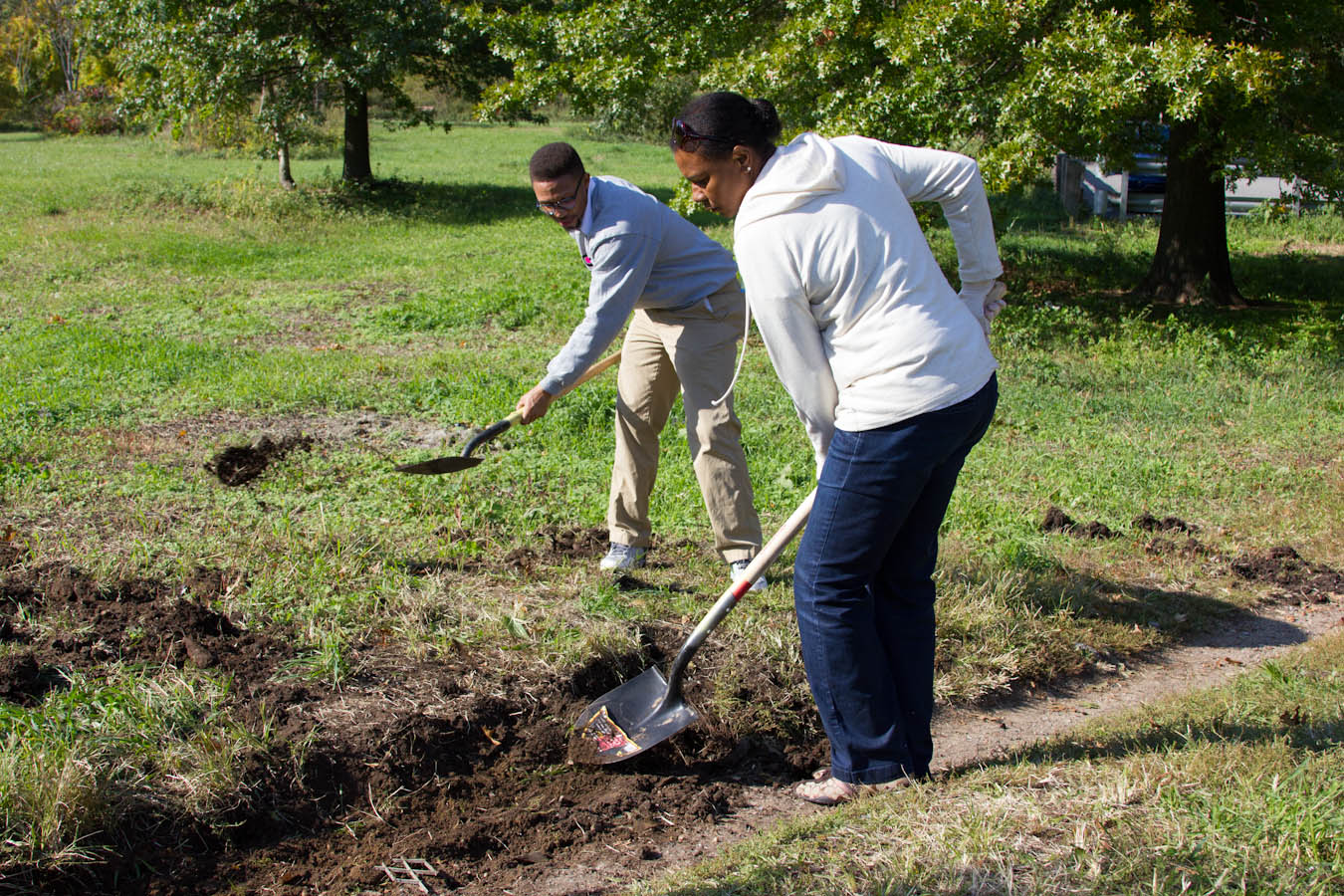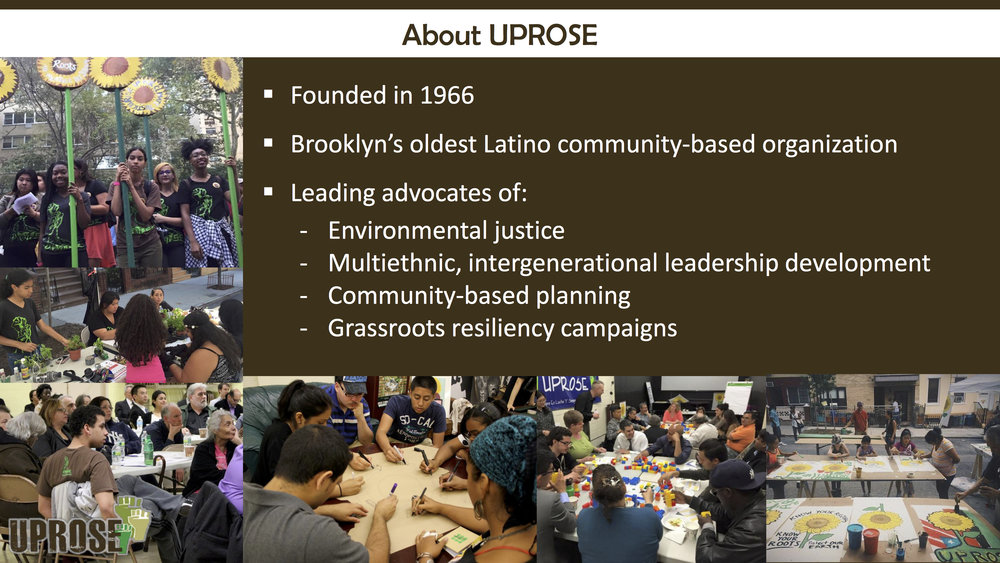 |
| Members of the Freshman class at the Freshman breakfast, held on the last day of school before Easter break. |
Located on a 72 acre campus in Bel Air, MD,
THE JOHN CARROLL SCHOOL (TJCS) provides a high school education for 668 coed students in grades 9 to 12. Among the specialized programs that this school provides is a financial literacy program, a requirement during sophomore year; entrepreneurial exploration, an elective in junior or senior year; a STEAM Academy program, with its own curriculum, for students interested and with the academic capability in sciences and/or mathematics; a senior project available in several areas, providing a concentrated in-depth exploration of the chosen area, mandatory for graduation; the St. Joseph program, geared to students with learning differences; a dance program; and academic honor societies.
On February 24, students from the Future Scientists and Engineers Club competed in the 2nd Maryland Science Olympiad, which was held at the University of Maryland. Prize-winning students were: Optics - Sarah Xiang and Ivy Ding, 1st place; Helicopters - Leo Chang and Young Shin, 3rd place; Rocks and Minerals - Christina Zhang and Gabrielle Lambert, 4th place; Anatomy - Cherie Ndungu and Yue Yue Xiong, 6th place. Congratulations on a job well done!
Every year the Bel Air Knights of Columbus #4714 chooses a teacher to honor as its Catholic High School Teacher of the Year. Specifically, the award honors a servant community leader who is motivated by both love and humility. This year the organization has chosen Gary Scholl, who has been working at TJCS for 44 years as teacher, coach, Dean of Students, Assistant Principal, and acting interim Principal. Over the years, he has remained dedicated to serving the students, faculty and staff of the school. He has also led many service field trips for TJCS students.
Principal Tom Durkin noted, "Gary Scholl is a brillant educator and administrator. He has spent over four decades of his life in Catholic school, and his work at The John Carroll School is absolutely first rate. Gary is all about helping our students succeed. In short, Gary Scholl has made the John Carroll School a much better school through his dedication, sacrifice, generosity, and spirit." An awards dinner is planned for Mr. Scholl and his guests, where he will receive a plaque and a monetary award.
Here's one TJCS student with whom you might have trouble catching up. No, it's not because she's particularly elusive, either. But Senior Caitlyn Trent is one very busy adolescent. In fact, most people are stumped about how she does it all.
Some of her activities include youth ministry, SADD club, Speech and Debate Club, youth leadership camps, altar server, Eucharistic minister, mission trips to Appalachia work camps, peer leader, camp counselor, and volunteer. She even led a fund-raising drive that raised $1,500 for a local family in need. In the midst of all that activity, she also maintains a 4.125 GPA. Simply astounding!
 |
| The John Carroll School's winning participants in the Maryland Science Olympiad. |
So, it's no surprise that Ms. Trent was the recipient of a Bel Air Student Achievement Award by the town commissioners. Mayor Susan Burdette stated in recognition, "This is one of the most amazing ones I've read. I can't believe she had five minutes to come to the meeting tonight. When you read this, you'll see why." The plaque by which Ms. Trent was honored lists all of the activities in which she has been engaged. Mayor Burdette continued, "[Ms. Trent] is the epitome of what a good citizen who contributes to her community in a positive way should be."
Caitlyn Trent is an example of the type of student and human being who is prepared through the education provided by The John Carroll School. Certainly, the community of Bel Air is fortunate to be the location of this wonderful school.
 |
| Students can volunteer at Patriots' Corner, which is the school store. |
Thanks for information from this page on TJCS:
https://johncarroll.org/about; this page on TJCS:
https://johncarroll.org/news/2018/03/28/maryland-science-olympiad-winners; this page on TJCS:
https://johncarroll.org/news/2018/03/17/gary-scholl-named-teacher-year-bel-air-knights-columbus; this page on TJCS:
https://johncarroll.org/news/2018/03/08/caitlyn-trent-18-honored; and the above link.

















































